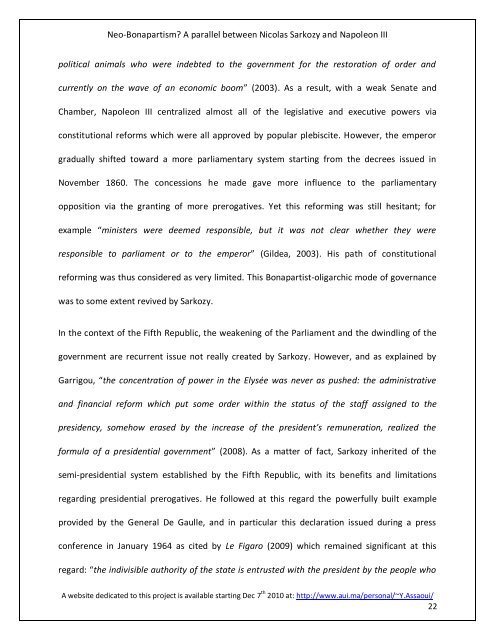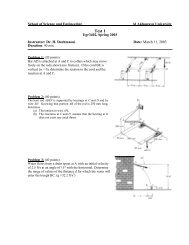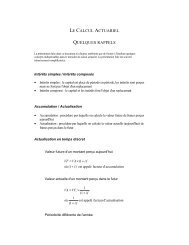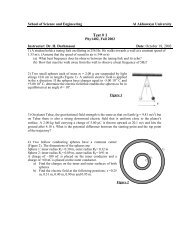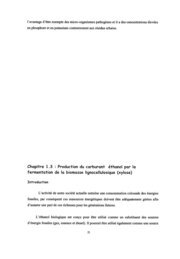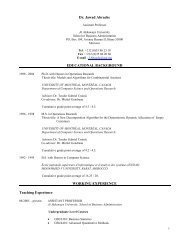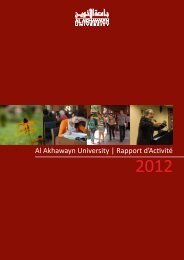Neo-Bonapartism? A parallel between Nicolas Sarkozy and ...
Neo-Bonapartism? A parallel between Nicolas Sarkozy and ...
Neo-Bonapartism? A parallel between Nicolas Sarkozy and ...
Create successful ePaper yourself
Turn your PDF publications into a flip-book with our unique Google optimized e-Paper software.
<strong>Neo</strong>-<strong>Bonapartism</strong>? A <strong>parallel</strong> <strong>between</strong> <strong>Nicolas</strong> <strong>Sarkozy</strong> <strong>and</strong> Napoleon III<br />
political animals who were indebted to the government for the restoration of order <strong>and</strong><br />
currently on the wave of an economic boom” (2003). As a result, with a weak Senate <strong>and</strong><br />
Chamber, Napoleon III centralized almost all of the legislative <strong>and</strong> executive powers via<br />
constitutional reforms which were all approved by popular plebiscite. However, the emperor<br />
gradually shifted toward a more parliamentary system starting from the decrees issued in<br />
November 1860. The concessions he made gave more influence to the parliamentary<br />
opposition via the granting of more prerogatives. Yet this reforming was still hesitant; for<br />
example “ministers were deemed responsible, but it was not clear whether they were<br />
responsible to parliament or to the emperor” (Gildea, 2003). His path of constitutional<br />
reforming was thus considered as very limited. This Bonapartist-oligarchic mode of governance<br />
was to some extent revived by <strong>Sarkozy</strong>.<br />
In the context of the Fifth Republic, the weakening of the Parliament <strong>and</strong> the dwindling of the<br />
government are recurrent issue not really created by <strong>Sarkozy</strong>. However, <strong>and</strong> as explained by<br />
Garrigou, “the concentration of power in the Elysée was never as pushed: the administrative<br />
<strong>and</strong> financial reform which put some order within the status of the staff assigned to the<br />
presidency, somehow erased by the increase of the president’s remuneration, realized the<br />
formula of a presidential government” (2008). As a matter of fact, <strong>Sarkozy</strong> inherited of the<br />
semi-presidential system established by the Fifth Republic, with its benefits <strong>and</strong> limitations<br />
regarding presidential prerogatives. He followed at this regard the powerfully built example<br />
provided by the General De Gaulle, <strong>and</strong> in particular this declaration issued during a press<br />
conference in January 1964 as cited by Le Figaro (2009) which remained significant at this<br />
regard: “the indivisible authority of the state is entrusted with the president by the people who<br />
A website dedicated to this project is available starting Dec 7 th 2010 at: http://www.aui.ma/personal/~Y.Assaoui/<br />
22


